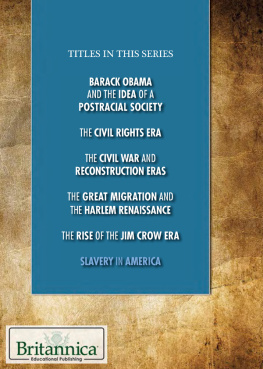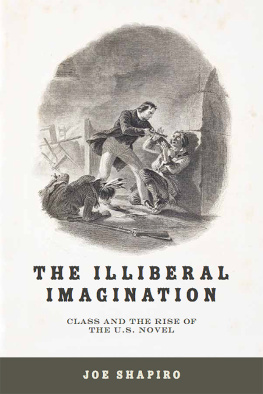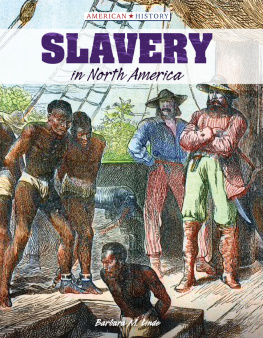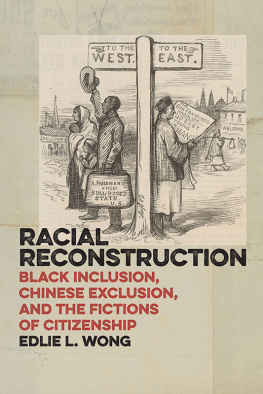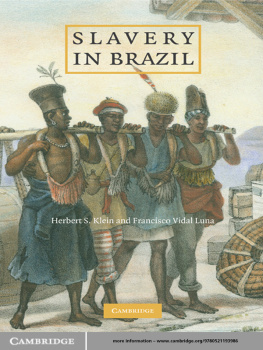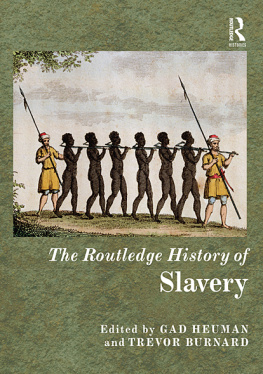Foul Means
Plate 1. Map of Virginia and Maryland. 1681. MPG 1/375. Courtesy, The National Archives, Public Record Office, Kew, Richmond, Surrey
The Omohundro Institute of Early American History
and Culture is sponsored jointly by the
College of William and Mary and the Colonial Williamsburg Foundation.
On November 15, 1996, the Institute adopted the present name
in honor of a bequest from Malvern H. Omohundro, Jr.
2003 The University of North Carolina Press
All rights reserved
Manufactured in the United States of America
Library of Congress Cataloging-in-Publication Data
Parent, Anthony S.
Foul means : the formation of a slave society in Virginia, 16601740 /
Anthony S. Parent, Jr.
p. cm.
Includes bibliographical references (p.) and index.
ISBN 0-8078-2813-0 (cloth : alk. paper)
ISBN 0-8078-5486-7 (pbk. : alk. paper)
1. SlaveryVirginiaHistory17th century. 2. SlaveryVirginia
History18th century. 3. Plantation lifeVirginiaHistory. 4. Plantation
ownersVirginiaSocial conditions. 5. SlavesVirginiaSocial conditions.
6. Elite (Social sciences)VirginiaHistory. 7. Social conflictVirginia
History. 8. VirginiaRace relations. 9. VirginiaSocial conditions
17th century. 10. VirginiaSocial conditions18th century. I. Omohundro
Institute of Early American History & Culture. II. Title.
E445.V8 P37 2003
326.0975509032dc21
2002155801
The paper in this book meets the guidelines for permanence
and durability of the Committee on Production Guidelines for
Book Longevity of the Council on Library Resources.
This volume received indirect support from an unrestricted
book publication grant awarded to the Institute by the L. J. Skaggs
and Mary C. Skaggs Foundation of Oakland, California.
cloth 07 06 05 04 03 5 4 3 2 1
paper 07 06 05 5 4 3
For Gigi
Acknowledgments
This book is a long time coming. I owe a host of friends, scholars, institutions, and family.
I thank my colleagues in the Department of History and deans Thomas Mullen, Paul D. Escott, and Gordon A. Melson at Wake Forest University for their patience and support. My research, writing, and travel were supported by university funds: Archie Fund Grant (1990), Junior Faculty Leave (1992), and a Research and Publication Fund Grant (1990, 1998). Janice Walker typed an early draft of the manuscript, and, using her vast technical skills, Jamila Ferguson Griffey entered quantitative data; the departmental Griffin Fund paid both Walker and Griffey.
I have been blessed with the tandem effort of two excellent editors, Fredrika J. Teute (Editor of Publications) and Virginia L. Montijo (Senior Editor of Publications) at the Omohundro Institute of Early American History and Culture. I owe my first debt to Teute for selecting my manuscript, which began a ten-year journey of renewal and affirmation that has become this book. Teutes and Montijos comments, queries, and suggestions have forced me to rethink every word and thought in this book. It would be a much poorer book without their assistance.
Three historians have read various drafts of the manuscript. Gerald Horne read this manuscript with a critical eye, pointing out areas that needed elaboration. Peter Wood, sensitive to the wider literature, encouraged me to broaden my approach. David Ammerman gave the manuscript an incisive reading at a critical juncture in its history.
I have benefited from presenting chapters of this book to the Early American Thesis Seminar, hosted by Gary B. Nash, who directed my dissertation at the University of California at Los Angeles (UCLA), the Triangle Early American History Seminar at the National Humanities Center, and the Poteat Humanities Club and the Social Science Research Seminar at Wake Forest University. Reginald Butler of the Carter G. Woodson Institute at the University of Virginia and Sally Gant of the Museum of Early Southern Decorative Arts (MESDA), Old Salem, each invited me three times to present work at their Chesapeake summer seminars.
I have used the collections, images, and the expertise of the staffs at the Colonial Williamsburg Foundation, the Huntington Library, Art Collections, and Botanical Gardens, the Manuscript Division of the Library of Congress, the Earl Gregg Swem Library at the College of William and Mary, the Charles E. Young Research Library at UCLA, MESDA, the Virginia Historical Society, the Library of Virginia, the Alderman Library at the University of Virginia, the Z. Smith Reynolds Library at Wake Forest University, the Granger Collection, the Public Record Office, United Kingdom, the Cushing Memorial Library at Texas A&M University, the Reeves Center at Washington and Lee University, Archives and Special Collections at the University of California at Riverside, and the Mashantucket Pequot Museum and Research Center. Acknowledgment is made to these institutions and to Dell Upton of the University of Virginia for permission to quote material or to use images from their collections at a discounted academic rate.
I owe my greatest debt to my family. My parents Anthony S. Parent (deceased) and Marian Parent gave me unconditional love and the necessary foundation to build a life. My sons Anthony and Frederick have grown up with this book. I thank them for accepting without complaint this rival sibling competing for their fathers time. Gigi Parent, my wife, has sustained me through this work and helped me more than anyone else. At no time did she falter in her belief that I would finish this book, and her faith, more than anything else, enabled me to press forward. This book is dedicated with love to Gigi.
Contents
Illustrations
PLATES
1. Map of Virginia and Maryland ii
2. John Smith, A Map of Virginia
3. Algonquian Man, Twenty-Three Years of Age
4. Secota
5. Indians Working in Tobacco Fields
6. 1678 Mapp of Lands for Mr. Secretary Ludwell
7. Transportation
8. A Pholey [Fula] Town and Plantations about It
9. The North Prospect of James Island, 1732
10. Londons Virginia
11. Slaves Stringing and Rolling Tobacco
12. William Byrd II
13. Lucy Parke Byrd
14. John Custis, IV
15. Olaudah Equiano; or Gustavus Vassa, the African
16. St. Peters Parish Church
MAPS
1. Western Africa, 16601740
2. Rebellion and Containment, 16631730
3. Parish Lines of Virginia, 17201730
FIGURES
1. Black Headright Patents, 16351695
2. The Year First in Office for Men Who Secured Black Headright Patents
3. The Population of Virginia, 16851745
4. Virginias Slave Trade, 17001740
5. Black Baptisms in St. Peters Parish, 17001740
A-1. Black Headrights Secured by Officeholders, 16301700
TABLES
1. Frequency of Black Headright Patents, 16351699
2. Distribution of Black Headright Patents: Council of State
3. Distribution of Black Headright Patents: House of Burgesses
4. Black Population Growth and Baptism in St. Peters Parish, 16851739
5. Slave Baptisms in St. Peters Parish, 17001739
Abbreviations
BLWilliam Blathwayt Collection, Colonial Williamsburg Foundation, Williamsburg, Va.BRBrock Collection, Huntington Library, San Marino, Calif.BTBoard of TradeCOColonial Office, Public Record Office, London


